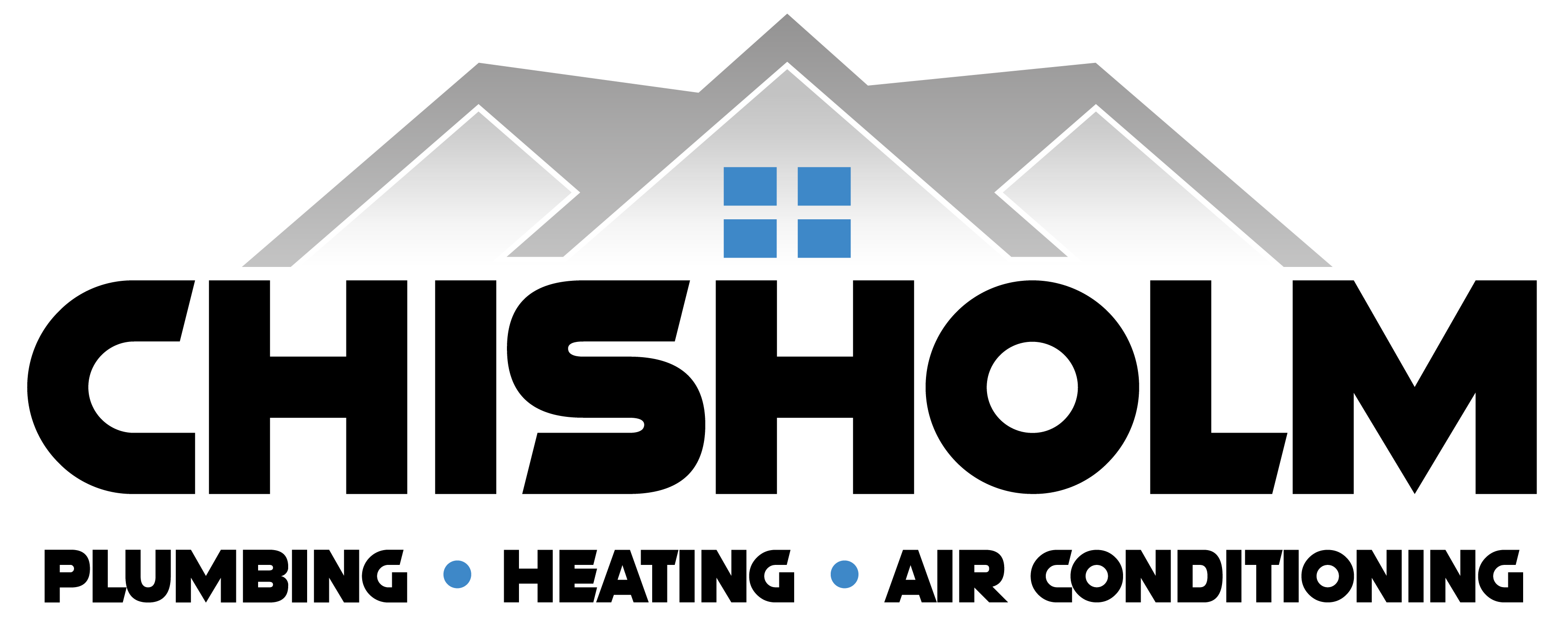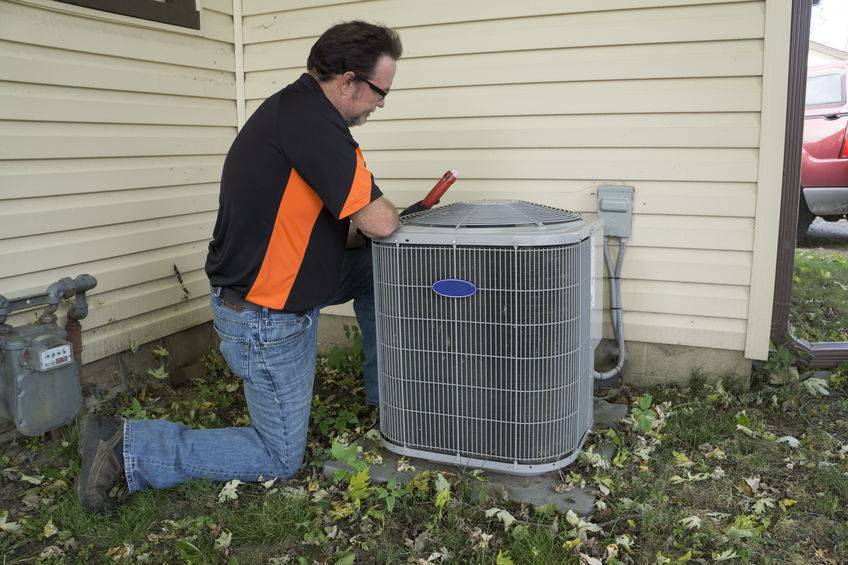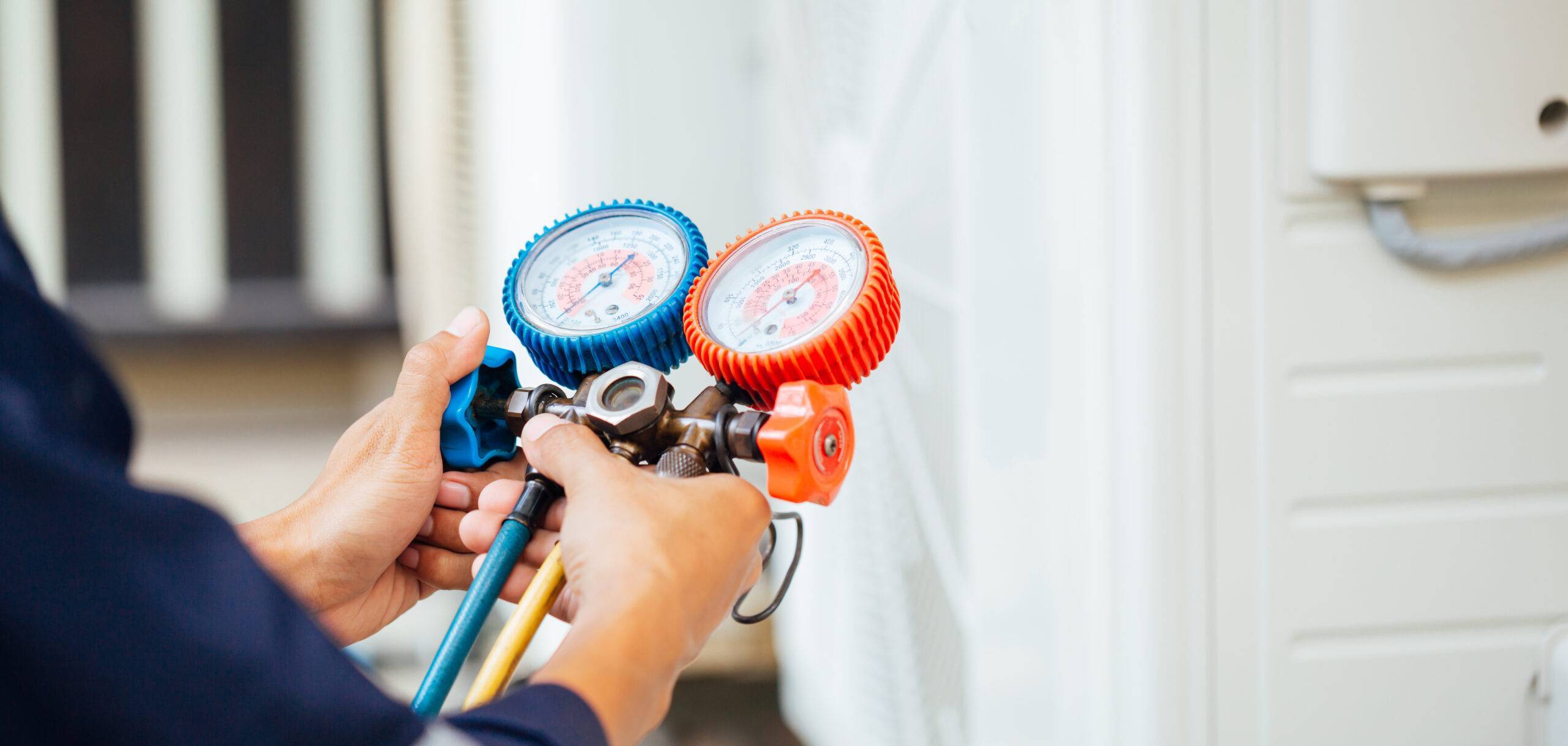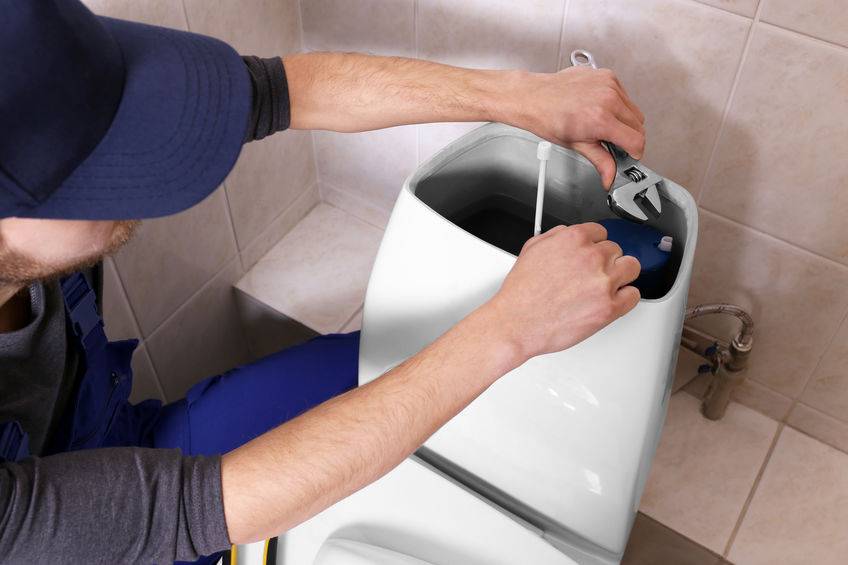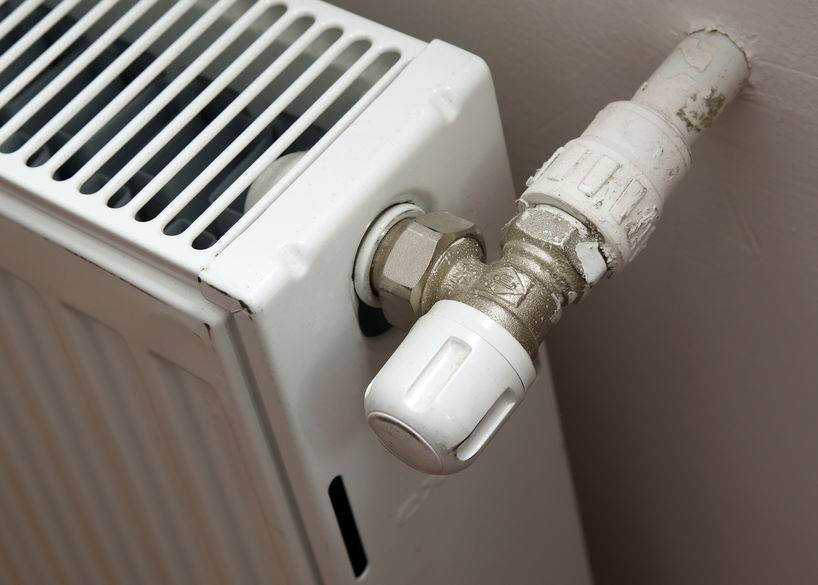Hidden plumbing leaks can quietly cause major damage to your home. Unlike a burst pipe that floods the floor, slow and concealed leaks often happen out of sight, inside walls, under floors, or beneath your yard. Left unchecked, they can rot wood, weaken drywall, grow dangerous mold, and drive up your water bill.
For homeowners in Greenville, Greer, and across the Upstate, catching a leak early means avoiding expensive repairs and protecting your family’s health. At Chisholm Plumbing, Heating & Air, we’ve seen how something as small as a pinhole in a pipe can snowball into thousands of dollars in damage.
Here’s how you can spot the signs before it’s too late.
Sign #1: Unexpectedly High Water Bills
If your water bill suddenly jumps without any change in your usage habits, a hidden leak might be to blame.
What to look for:
- Compare your current bill to the same month last year.
- Even small leaks can waste hundreds of gallons each month.
Pro Tip: Keep in mind that seasonal changes (like watering your lawn in summer) can affect your bill, but if the increase doesn’t make sense, investigate further.
Sign #2: Water Meter Changes When No Water Is Running
Your water meter can be your best leak detector.
The simple test:
- Turn off all water inside and outside your home (no faucets, appliances, or irrigation running).
- Locate your water meter (often near the street or sidewalk).
- Watch the dial or digital reading. If it moves within a few minutes, you likely have a leak.
For slower leaks, leave the water off for two hours and check again, if the reading changes, you’ve got a hidden issue.
Sign #3: Musty or Damp Smells
That faint musty smell you notice in the bathroom, basement, or behind a cabinet? It could be more than humidity, it may be a sign of a hidden leak.
Why it happens:
Water trapped inside walls or under floors creates the perfect environment for mold and mildew. These microorganisms give off a distinct, earthy odor that doesn’t go away with cleaning.
Warning: Mold growth can cause respiratory issues, especially for those with allergies or asthma.
Sign #4: Stains, Bubbling Paint, or Warped Flooring
Water damage often shows itself through changes in your home’s surfaces.
Watch for:
- Yellow or brown stains on ceilings or walls
- Bubbling or peeling paint
- Soft, spongy, or warped flooring
- Cracked or loose tiles in bathrooms or kitchens
If you see any of these changes, especially if they appear suddenly, there’s likely a leak nearby.
Sign #5: Low Water Pressure in Specific Fixtures
A drop in water pressure from one faucet or showerhead could be caused by a clog, but if it happens in multiple fixtures or just in one area of the home, a hidden leak in the supply line may be restricting flow.
Tip: Compare water pressure in different rooms. If the issue is isolated to one area, it’s worth having a plumber inspect that section of piping.
Sign #6: Mold or Mildew Growth in Unusual Places
It’s normal to see a little mildew in the shower, but finding mold in dry areas, like a closet, hallway, or under a window, is a red flag.
Why it matters:
Hidden leaks feed mold colonies that spread quickly. Not only can mold damage your home’s structure, but it can also harm indoor air quality.
If you spot mold in unexpected spots, it’s time to investigate what’s feeding it.
DIY Leak Detection Tips
While some leaks require professional tools to locate, you can try these simple checks before calling in help:
- Food coloring toilet test: Add a few drops of food coloring to the toilet tank. Wait 15–30 minutes without flushing. If color appears in the bowl, your toilet is leaking.
- Listen for drips: At night when the house is quiet, walk through and listen near walls, floors, and under sinks.
- Check your crawl space or basement: Look for damp insulation, puddles, or discoloration on joists.
- Inspect under sinks and appliances: Run your hand along pipes for moisture and look for signs of corrosion.
When to Call a Professional Plumber
If you suspect a hidden leak but can’t find the source, a licensed plumber has the tools and training to pinpoint the problem without tearing apart your home. At Chisholm Plumbing, Heating & Air, we use:
- Acoustic leak detection equipment to “hear” leaks through walls and floors
- Thermal imaging cameras to spot temperature differences caused by moisture
- Moisture meters to detect dampness behind drywall or under flooring
Why act fast:
- Reduces water waste (and bills)
- Prevents costly structural damage
- Stops mold growth before it spreads
Whether it’s a slab leak under your foundation or a slow drip inside a wall, early detection is the key to saving money and avoiding headaches.
Protect Your Home Before It’s Too Late
Hidden leaks are sneaky, but they’re not unstoppable. By staying alert to changes in your home, from higher water bills to musty smells, you can catch problems early.
If you think you might have a hidden plumbing leak, don’t wait until the damage is visible. Call Chisholm Plumbing, Heating & Air today. Our team proudly serves Greenville, Greer, and the surrounding Upstate with fast, accurate leak detection and repair. We’ll find the source, fix it right, and help you protect your biggest investment, your home.
📞 Call us now or schedule online to stop a leak before it becomes a flood.
